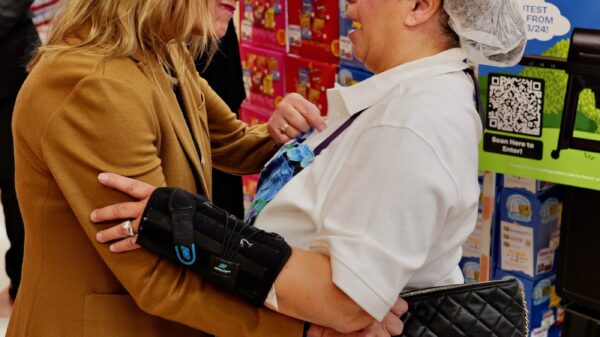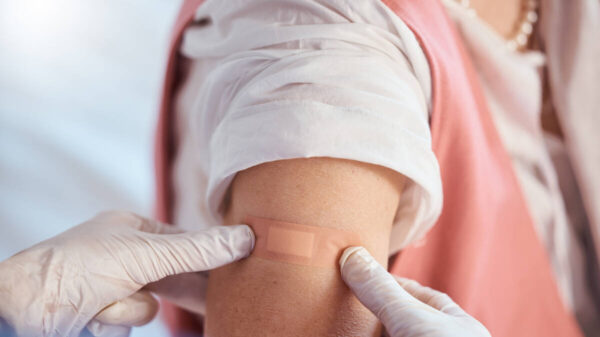Recent discussions surrounding the safety of thermal receipts have sparked concerns about potential health risks. In particular, the presence of harmful chemicals such as Bisphenol A (BPA) and Bisphenol S (BPS) has been highlighted. These substances are known to disrupt hormonal functions, prompting many, including retail workers, to question the long-term effects of handling these receipts.
According to Dr. Zac, a medical professional addressing questions from the public, thermal receipts often contain BPA, a compound used in thermal printing that allows text to appear without ink. Both BPA and its alternative, BPS, are recognized as endocrine disruptors, meaning they can interfere with the body’s hormonal balance, especially affecting estrogen levels. This information aligns with findings from the National Health and Medical Research Council in 2020.
Research indicates that BPA can be absorbed through the skin. A study published in Environmental Health Perspectives in 2014 revealed that individuals who frequently handle receipts—especially those with moisturized or oily hands—can absorb significant amounts of BPA. Further confirmation from another Australian study emphasized the potential for substantial exposure through regular skin contact with these receipts.
While this information may seem alarming, Dr. Zac advises against panic. Much of the extensive research on BPA exposure pertains to high-dose environments, typically found in industrial or laboratory settings. However, for retail and hospitality workers who handle these receipts daily, the cumulative exposure is a valid concern.
Protective Measures for Receipt Handlers
Dr. Zac offers practical advice for those worried about exposure to these chemicals. Here are several strategies to consider:
1. **Wash Your Hands Regularly**: Using traditional soap and water is more effective than antibacterial wipes in removing BPA residue. This simple step can significantly reduce exposure.
2. **Avoid Face Contact**: Keeping hands away from the face minimizes the risk of transferring BPA from fingers to the mouth or eyes.
3. **Wear Gloves When Necessary**: For pregnant individuals or those working extensively with receipts, wearing disposable gloves can provide an additional layer of protection. Dr. Zac reassures that this practice is both beneficial and not socially awkward in the workplace.
4. **Opt for Digital Receipts**: Consumers can help themselves by choosing digital receipts when available. This option not only eliminates the risk associated with paper but also helps reduce clutter from unnecessary physical receipts.
5. **Scrutinize ‘BPA-Free’ Claims**: Consumers should be aware that some retailers have switched to BPS-coated paper instead of BPA. Preliminary research suggests that BPS may have similar, if not worse, hormonal effects, making it crucial for consumers to approach ‘BPA-free’ products with caution.
Regulatory measures are also necessary to address these concerns. Notably, France implemented a ban on BPA in receipts in 2019. While Australia has yet to adopt similar legislation, public awareness and concern, as demonstrated by individuals like Jodie, play a vital role in driving change.
In conclusion, the claims surrounding the dangers of thermal receipts are grounded in scientific research. Dr. Zac emphasizes that this is not merely a social media conspiracy but an important health issue that warrants attention. By taking small steps, individuals can better protect themselves from potential risks associated with these common items.


































































